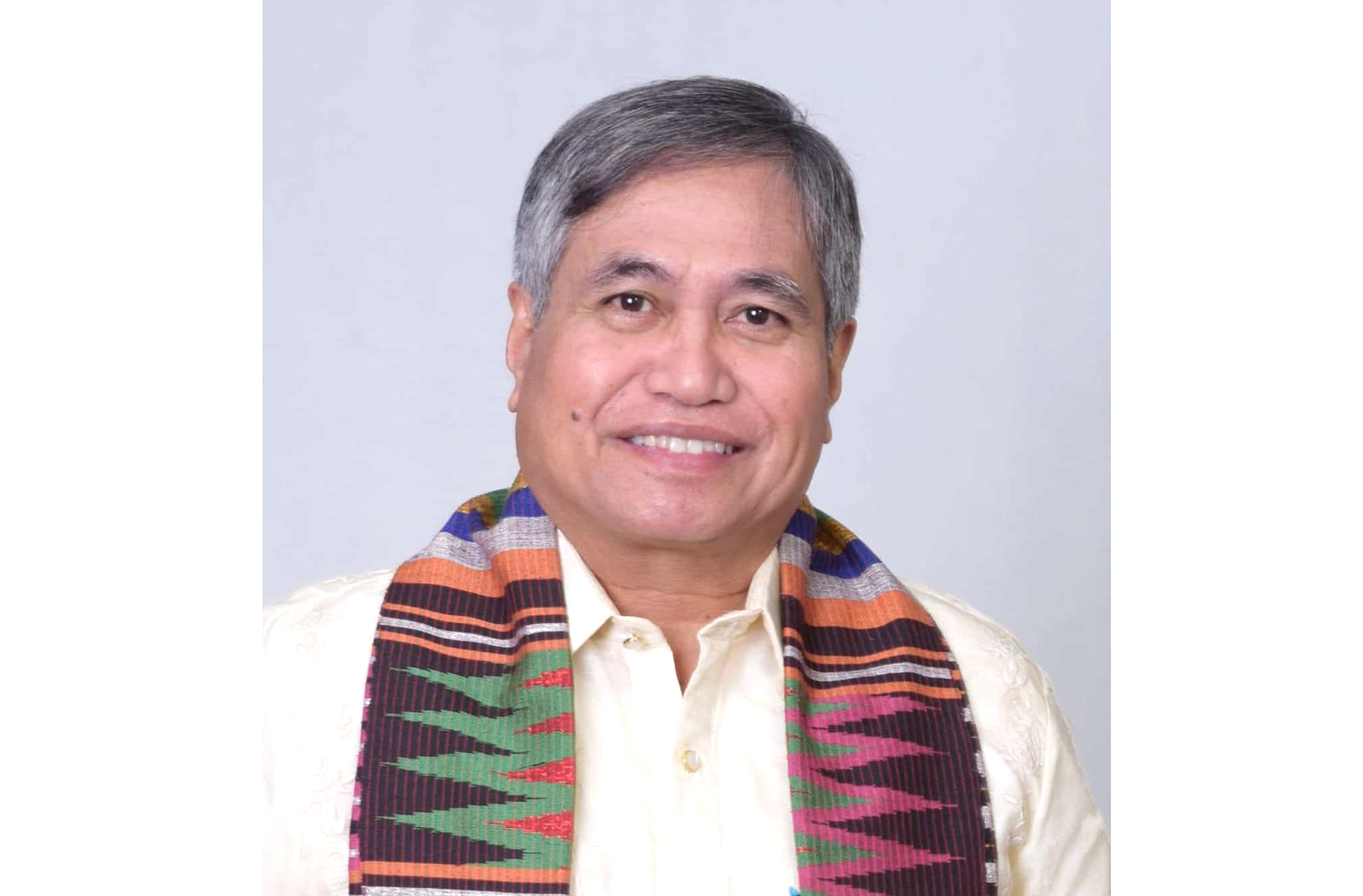FROM THE MARGINS

The Philippine microinsurance industry is experiencing a surge. According to the report released by the Insurance Commission (IC) last Jan. 22, microinsurance premium production grew to ₱10.16 billion in the third quarter of 2023, a 19.6 percent jump from P8.49 billion in 2022. This is a significant increase compared to the ₱6.70 billion reported in the second quarter of 2023 (as mentioned in my previous article). There is also a 2.34 percent increase in the number of lives insured, from 54.99 million in the third quarter of 2022 to 56.27 million in 2023. Microinsurance mutual benefit associations (Mi-MBAs) insured the greatest number of lives (28.60 million) compared to life insurance (18.39 million) and non-life insurance (9.29 million) companies.
People’s awareness of insurance increased after the pandemic. The Commission’s supportive regulatory stance also facilitated growth. There are now more microinsurance providers (50, compared to 48 in the second quarter of 2023), with 24 Mi-MBAs, 12 life insurance companies, and 14 non-life insurance companies. I hope IC’s enabling policy framework would entice more business organizations to venture into microinsurance for low-income groups.
Certainly, very positive developments were shared by 385 industry players and financial inclusion advocates during the 2024 National Microinsurance Forum held at the Manila Hotel last Jan. 23. The theme “Sustainable and Inclusive Finance for Climate Resiliency” was apt, considering the spate of natural disasters that have befallen the country in recent years. Even as I am writing this, our farmers are worrying about the El Niño phenomenon’s impact on their crops. Thousands are also reeling from heavy rains and strong wind brought about by the Shear Line across Northern Mindanao, Davao and CARAGA.
Bracing for climate change
Given climate change and its many challenges, I am glad that the participants of the Microinsurance Forum were united in their desire to promote microinsurance and financial inclusion, as well as financial and insurance literacy. This is the key to improving the resiliency of poor communities and the most vulnerable segments of our population.
Pioneer Life, Inc. President/CEO Lorenzo Chan Jr. moderated the forum’s first panel discussion on “Microinsurance Policy Issues.” I was honored to join Insurance Commissioner Reynaldo Regalado, Philippine Insurers and Reinsurers Association (PIRA) Executive Director Mitch Rellosa, Philippine Life Insurance Association (PLIA) General Manager George Mina and Microinsurance Intermediaries and Practitioners Association of the Philippines (MIPAP) Executive Director Jonathan Batangan in discussing the challenges and opportunities for microinsurance. Since it plays a crucial role in building resilient communities, we all agreed that there should be a balance between business sustainability and product affordability. We should strive to have lower premiums with maximum coverage to aid vulnerable communities. We also need to provide excellent service to enhance both product and microinsurance credibility among the low-income groups.
There was also a panel discussion on “Public-Private Partnerships for Climate Action Initiatives and Disaster Resilience.” Shayne Rose Bulos, climate risk insurance and financial inclusion consultant, moderated this session. It was attended by Paul Xavier Espinosa of the International Finance Corporation (IFC), Manuel Cortina of the Philippine Crop Insurance Corporation (PCIC), and Lorenzo Chan Jr., this time representing CARD Pioneer Microinsurance, Inc. (CPMI). The panelists presented their efforts to support vulnerable sectors in mitigating the impact of natural disasters, especially in agriculture. The Binhi insurance product that was launched by CPMI with the support of IFC was highlighted, as well as the insurance coverage for high-value crops by CPMI and PCIC.
Undersecretary Vilma Cabrera of the Department of Social Welfare and Development (DSWD), Erwin Husmalaga of the Climate Change Commission (CCC), Floradema Eleazar of the United Nations Development Programme (UNDP) and Mitch Rellosa of PIRA also attended this session.
Both government and private sector representatives enthusiastically expressed support for public-private partnerships to enhance the resilience of low-income groups, microentrepreneurs, 4Ps beneficiaries, and the agriculture sector. They identified the following as key programs for collaboration: innovative climate financing; partnerships with e-wallets and banks to facilitate microinsurance payments and claims; and promotion of climate-smart agriculture to help farmers and fisherfolks improve their livelihood through risk prevention and mitigation.
Embracing digitalization
The last panel discussion focused on “Digital Technology for Enhanced Customer Experience.” It featured presentations on the digital technology innovations of FWD Life Insurance, Union Digital Bank, CARD MBA, and Kezar Philippines — the Filipino design and development firm which is the technology partner of MiMAP and many Mi-MBAs.
The panelists from this session recommended several strategies, like: providing satellite connectivity in remote areas, updating systems and introducing new features to adapt to unique challenges, ensuring offline capability in mobile apps, leveraging customer insights and exploring the use of artificial intelligence (AI) for product design. They encouraged the use of diverse platforms for customer engagement and adopting a "test-and-learn mentality" in product development.
It was a very productive 2024 Microinsurance Forum, and I agree with what Commissioner Regalado said: “Microinsurance is here to stay and is here to help.”
(Dr. Jaime Aristotle B. Alip is a poverty eradication advocate. He is the founder of the Center for Agriculture and Rural Development Mutually-Reinforcing Institutions (CARD MRI).)